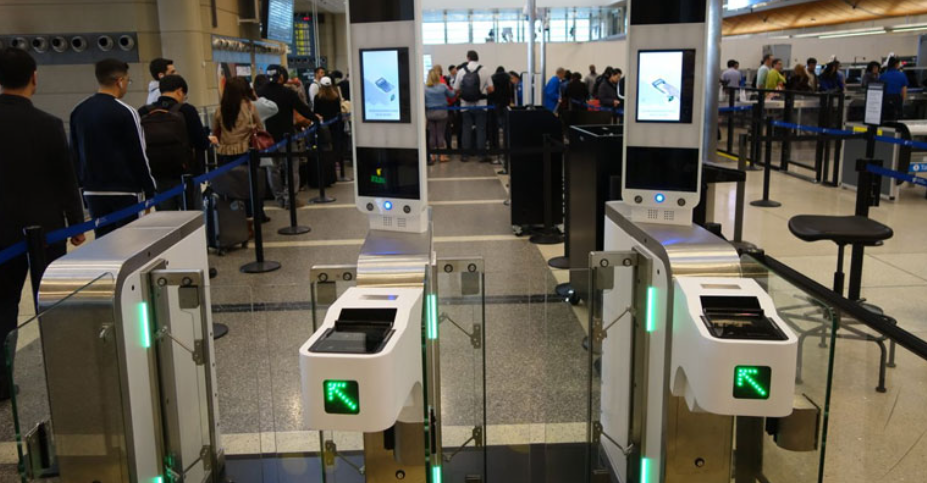Facial recognition, a cutting-edge technology, has emerged as a powerful tool for identifying and verifying individuals by analyzing their unique facial features. It relies on sophisticated algorithms and biometric data to enable a range of applications, from unlocking smartphones to enhancing security in various industries, such as travel.
The travel industry is witnessing a rapid integration of facial recognition technology, simplifying the check-in processes at airports, cruise terminals, and theme parks.
For instance, Miami International Airport has embraced facial recognition to seamlessly match passengers’ faces with their passport photos, ushering in an era of paperless boarding. The U.S. Customs and Border Protection’s Global Entry program leverages this technology to expedite immigration checks, while cruise lines like Carnival and Holland America rely on it for enhanced security and guest services. Even theme parks in Abu Dhabi are harnessing facial recognition for effortless entry and transactions.
Yet, as this technology facilitates swift check-ins and transactions, it also raises valid privacy concerns, given the difficulty in changing compromised biometric data.
According to Alex Alben, an esteemed law professor specializing in privacy, data, and cybersecurity at both UCLA and the University of Washington, the absence of federal regulations concerning biometric data leaves travelers with minimal avenues for redress in case of data compromise. Nonetheless, a handful of states, including California, Virginia, Utah, and Connecticut, are taking steps to institute legislation that would govern the processing of biometric data directly.
In contrast, the European Union and Britain have adopted measures requiring companies to obtain consumer consent for data collection while also providing transparency regarding its intended use.
Jeramie D. Scott, the director of the Project on Surveillance Oversight at the Electronic Privacy Information Center, raises concerns about accuracy issues, particularly concerning specific demographic groups. He emphasizes that because the algorithms used by biometric technology companies are neither shared nor thoroughly tested with the public, there’s a heavy reliance on the companies’ claims about accuracy.
Activist group Ban Facial Recognition has launched a nationwide petition to stop the use of facial recognition technology, citing the potential dangers it poses to workers, the exacerbation of bias, and the aggregation of personal data.
Furthermore, facial recognition technology is expanding into verifying ages at events and liquor stores, with applications such as age confirmation at Allegiant Stadium in Las Vegas through CLEAR’s ID system and facial recognition on mobile devices, as well as palm scanning for age verification.
As the utilization of facial recognition technology continues to evolve and expand into various aspects of daily life, it brings with it a myriad of opportunities and challenges. While it offers enhanced convenience, security, and efficiency, the questions surrounding privacy, accuracy, and bias are far from resolved.
Striking a balance between the benefits and risks is a critical task for both policymakers and the technology industry, as society navigates the uncharted territory of this transformative innovation.
The future of facial recognition hinges on responsible deployment, transparent regulations, and a commitment to safeguarding individual rights in the digital age.
(Source: Madeline Garfinkle | Entrepreneur |







